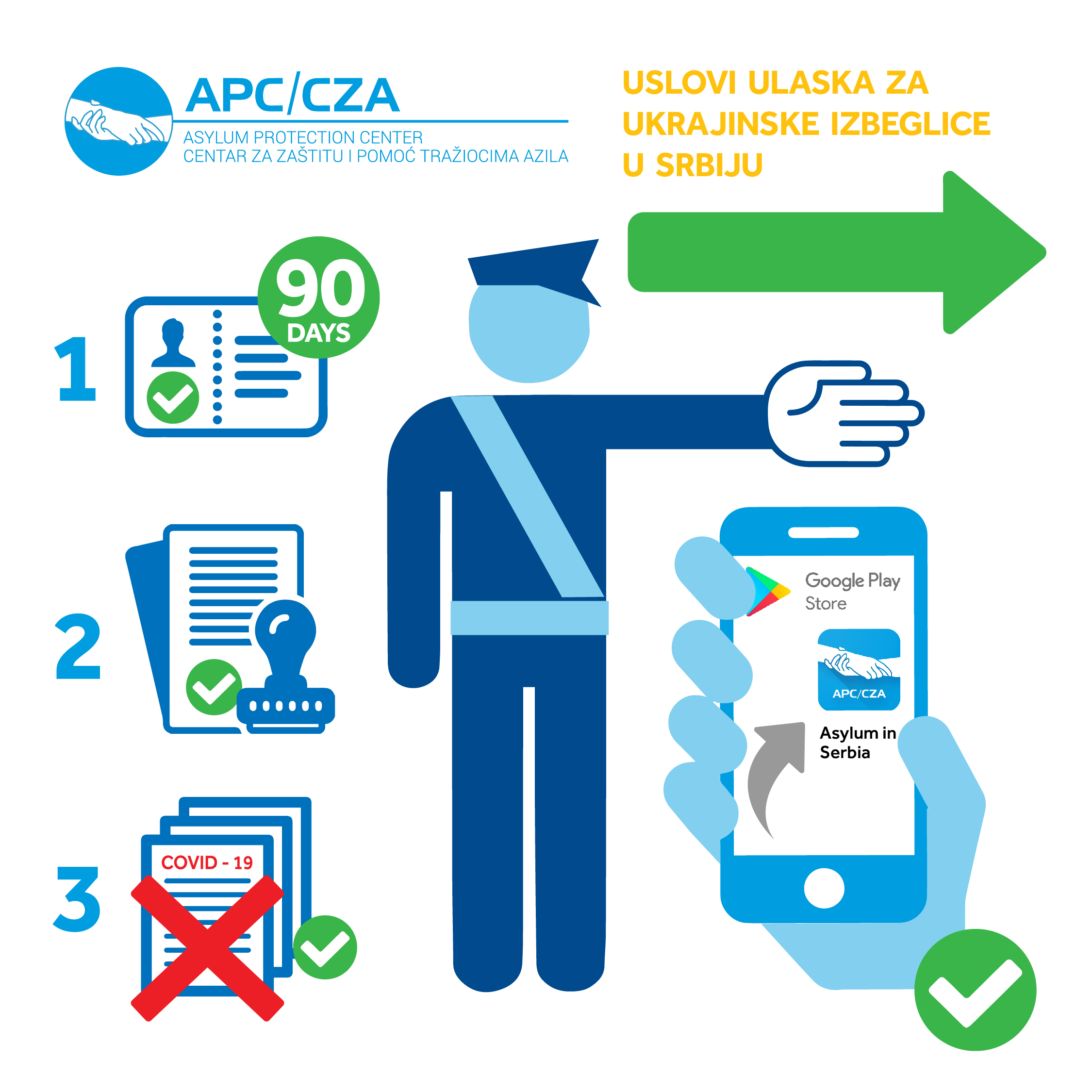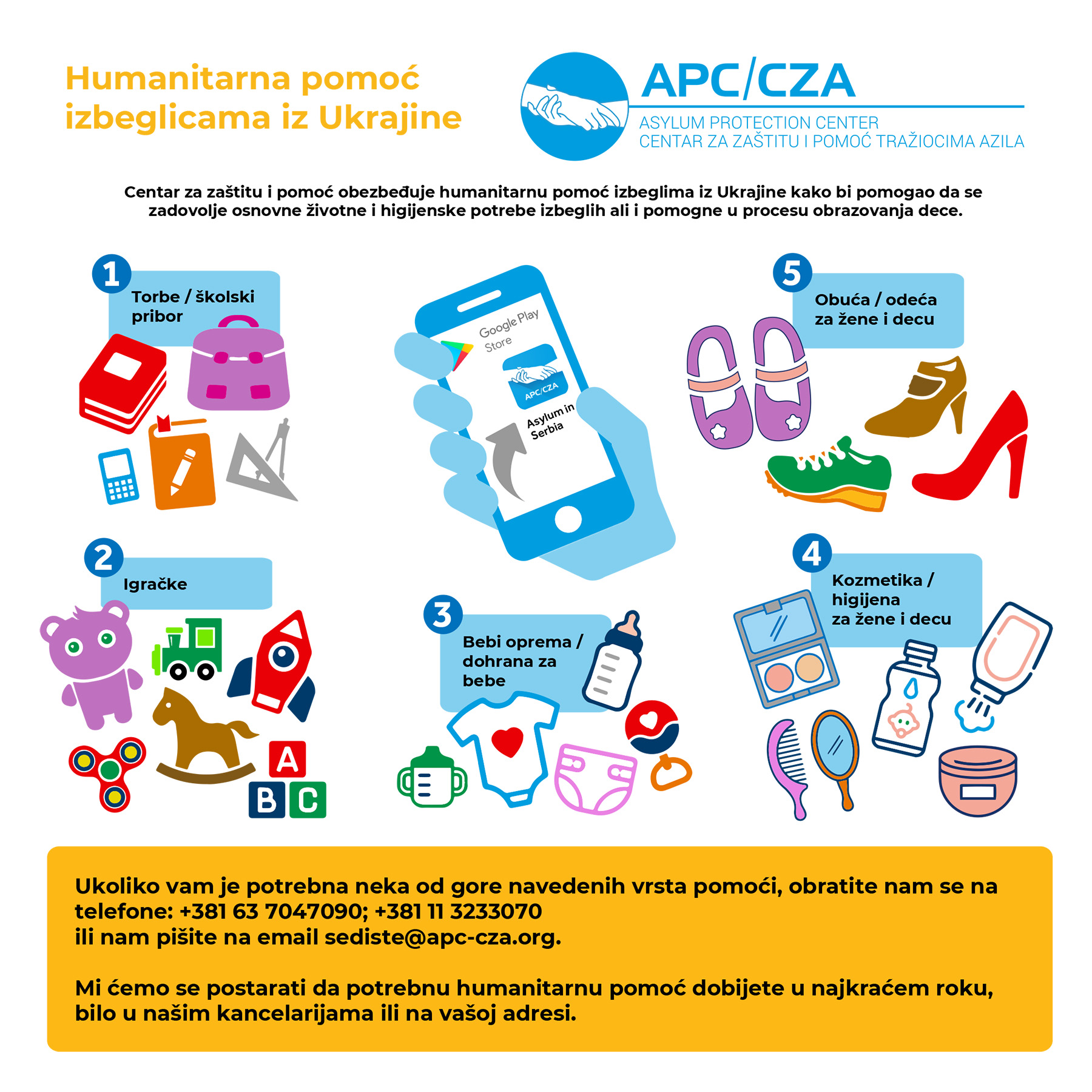Skoplje, 3 february – Refugees in transit on the Balkan route will travel with a unique and standardized document that will be issued to them at the Greek-Macedonian border. This document will contain all necessary information, such as identity, age, country of origin, as well as biometric data, or fingerprints. Biometric data will be needed for every refugee who wants to use the Balkan Corridor and would be collected at the entrance to Macedonia, unless done by the Greek police and border officials. To begin with, these standardized and unified documents will not be issued to Greece because the Greek police did not participate in this project supported by Macedonia, Serbia, Croatia, Slovenia and Austria.
Police services in these four countries, along with the border police, have previously agreed on a strategy to successfully address the refugee crisis and the identification and registration of refugees.
Police and security experts have discovered that this is possible only through a 100-percent registration, a reciprocal database and standardized identification documents.
– Now more than ever, there is a need for a joint and coordinated approach for refugees on the road through the Western Balkans. It will standardize the identification of refugees and determines which migrants have met the standards for transiting this route. For this purpose, a standard document that will be issued by all interested parties along the refugee route should be introduced. These data will be stored in national databases and will be available for exchange – said Goranco Savovski, director of the Public Security Bureau (PSB).
The introduction of a single document is possible for the police the state on the corridor has the necessary equipment for entering and reading data, a data base that is exchanged and excellent communication.
– Cooperation between the police services of the participating countries is good and work on its further deepening will continue. Timely exchange of information on migration developments, and the introduction of new measures and procedures within a reasonable time frame, to avoid tensions at border crossings and to efficiently manage migration flows, as well as to prevent the smuggling of migrants, police chiefs and heads of border services of Macedonia, Serbia, Croatia, Slovenia and Austria concluded at a meeting in Skopje.
They also agreed that all persons with falsified passports, false declarations from which the country comes, regardless of the country of origin, return to Greece. This applies to refugees from Syria, Iraq and Afghanistan, who can currently use the corridor.
– Persons who do not have travel documents, carry forged travel documents or give wrong statements about their nationality or identity will not be permitted to enter the border. It will contribute to better border control and prevent the misuse of transit routes by migrants who do not need international protection and who are seeking entry to Europe for other reasons, said Savoi.
Our state has a key role in managing the refugee crisis due to the huge failures of the Greek authorities, which threaten to challenge the existence of the Schengen zone. Therefore, on the southern border there will be deployed additional police forces from several EU member states to assist Macedonian police in patrolling, registering and identifying refugees.
This was confirmed by the Deputy Director of the Austrian Police, General Franc Lang, who thinks that joint work is needed in order to reduce the influx of people who have little or no chances to obtain asylum. However, he did not explain what is happening to those refugees seeking asylum after the quota has been filled and whether they remain in the country they were in that moment.
Also, he did not have a precise answer as to what would be done if the new document issuing system did not work, but explained that four countries do not have a Plan B to deal with the crisis if a security breach and missed by terrorists and jihadists then carried out an attack in one of the metropolises in the EU.
 AzilSrbija AzilSrbija
AzilSrbija AzilSrbija




